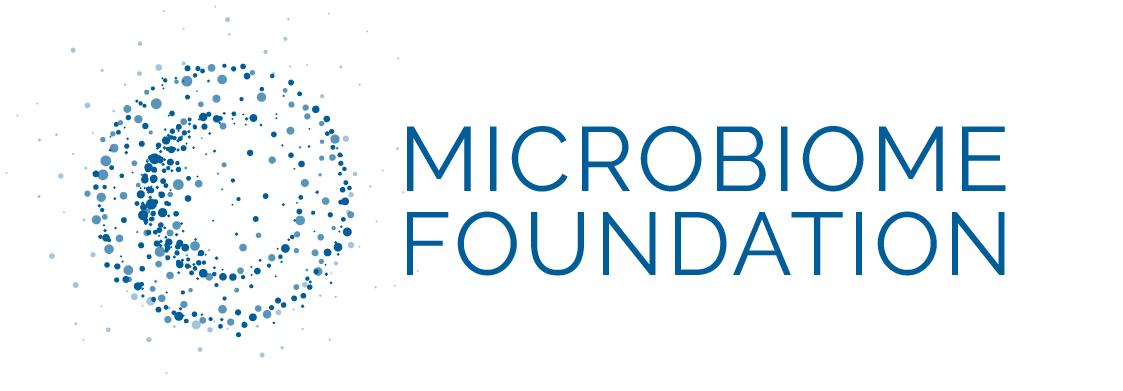Our digestive tract is home to some 100,000 billion bacteria – that’s two to ten times the number of cells that make up our body. This collection of non-pathogenic bacteria, viruses, parasites, and fungi constitutes our gut microbiota (formerly called the intestinal flora), which lives in symbiosis with its host – namely, human beings!
Our understanding of its role is continuing to grow constantly, and scientists are now trying to grasp the connections between disequilibrium of the microbiota (dysbiosis) and certain diseases – and, as it turns out, it can have an impact in a much higher number of diseases than we thought.




